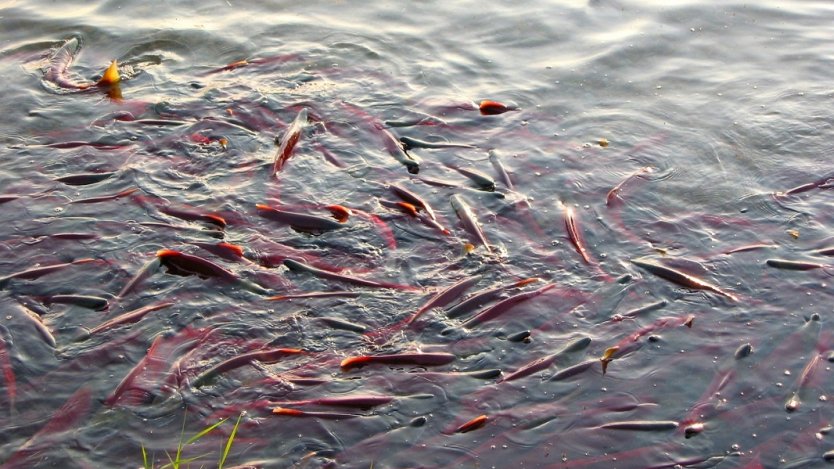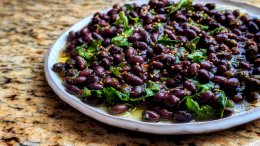Another news week is nearing its close, but before you settle into Thanksgiving long weekend, allow us to catch you up on some of a few of the big food-related stories that took place over the past week.
From Tim Hortons pulling its sponsorship from Hockey Canada’s men’s hockey programming to the devastating results of B.C.’s drought, to Canada’s first province to embrace psychedelic-assisted therapy, here are five Canadian food stories you might have missed this week.
Tim Hortons pulls men's Hockey Canada sponsorship
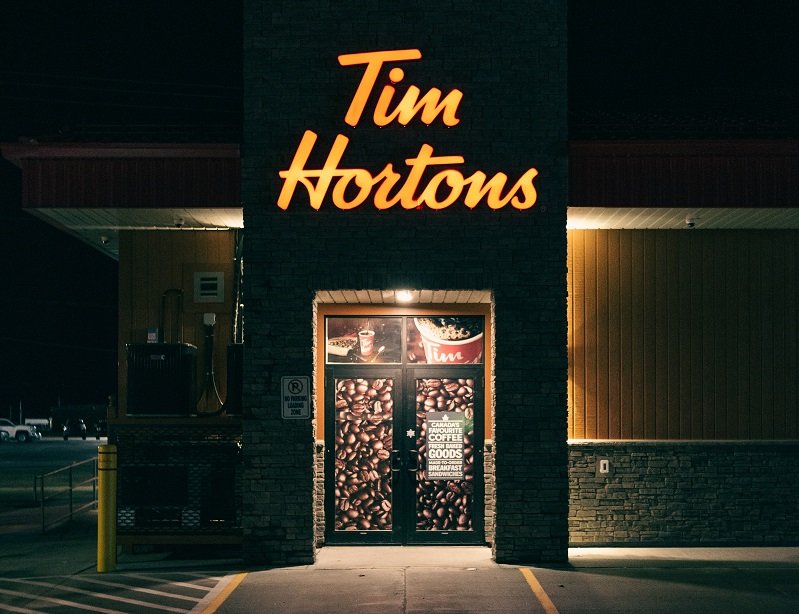
After temporarily suspending its sponsorship in back June, Tim Hortons announced this week that it is pulling its sponsorship of all Hockey Canada’s men’s hockey programming for the duration of the 2022-23 season.
Reservations about the Brazilian-owned coffee chain aside, this does seem like a good move from Tim Hortons because while Hockey Canada has made some amends from a monetary standpoint, it has failed to make any significant changes to the body of leadership who fostered a culture where so many unspeakable atrocities could occur.
Find the full story at CBC News.
Record-setting drought leads to devastating losses in B.C.
This is Neekas, Heiltsuk Territory. All of these salmon went into the creek, the creek dried up b/c of no rain so far this fall, and just died, and this is just one reach! Global warming is killing everything. This is such a sad scene. Video credit, Sarah Mund pic.twitter.com/vYhEKwD5mN
— William Housty (@WilliamHousty) October 4, 2022
Following a three-month-long record-setting drought in B.C., a video was released this week from Heiltsuk First Nation salmon counters that showed upwards of 80,000 dead salmon lying in a dried up river near Bella Bella.
Although the losses have already reached devastating levels, experts predict that even greater losses are to be expected two years from now when the surviving salmon return to spawn.
Head to Global News for the latest report.
Loblaw launches self-driving delivery trucks in Ontario
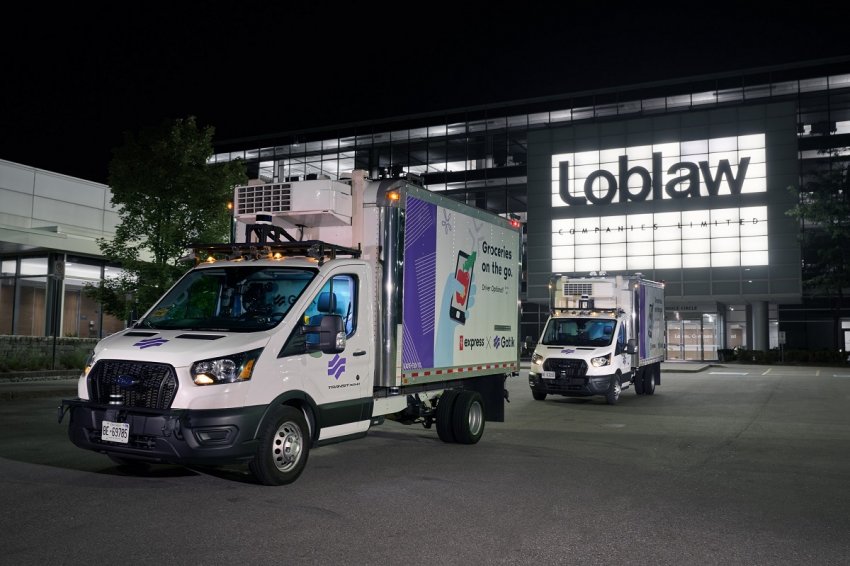
The era of driverless food delivery has officially come to Canada after Loblaw launched its first mini-fleet of autonomous vehicles this week in Ontario. According to Loblaw, the step represents the first entirely autonomous commercial delivery in Canada.
During the initial test phase, Loblaw says the five vehicles completed more than 150,000 incident-free deliveries with a human passenger on board, but judging by the comment section of the article, it seems that many Canadians aren’t exactly impressed by the new development.
Visit The Globe and Mail for more.
Sobeys CEO rattled by parliamentary probe into big grocers’ profits
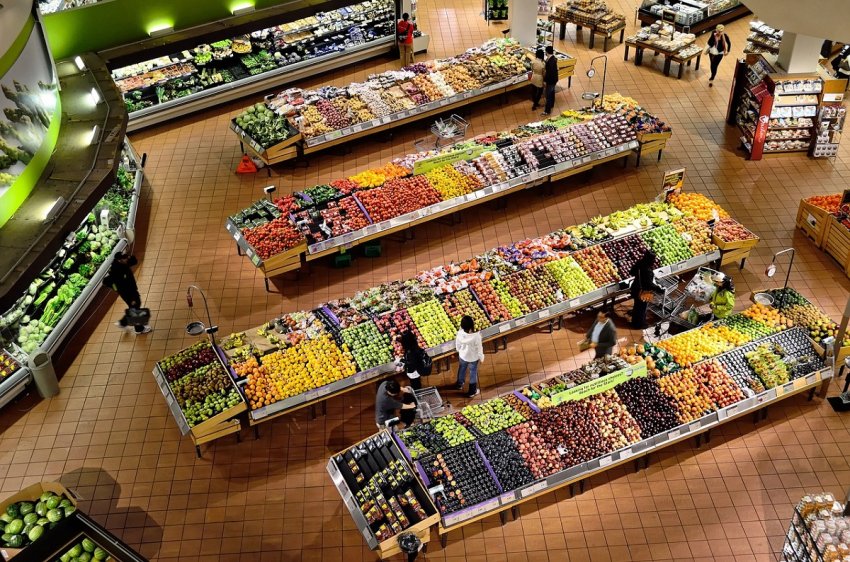
The House of Commons Agriculture Committee recently voted unanimously in favour of a parliamentary inquiry into why large grocery chains have been reporting record profits amidst arguably the worst food retail inflation in nearly half a century.
Although two of the big three chains have remained relatively quiet, the CEO of Sobeys—who reportedly revoked Sobeys' "Hero Pay" while simultaneously accepting a 15 per cent raise to roughly $8.65 million annually—recently spoke out against the probe, arguing that the inquiry is no more than an NDP publicity stunt.
Read the full story at the Financial Post.
Alberta green lights guidelines for psychedelic-assisted therapy
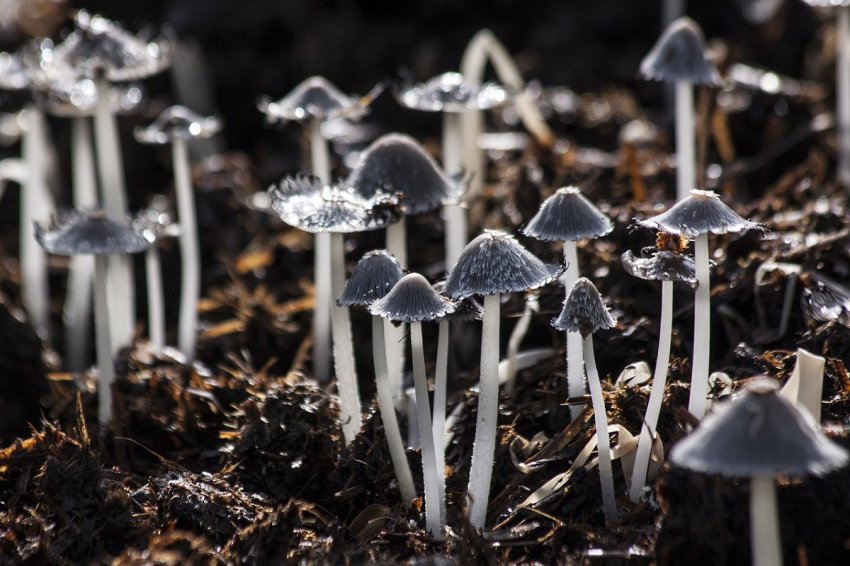
The Alberta government recently became the first in Canada to outline requirements and standards for psychedelic-assisted therapy. According to the province, evidence suggests that psychedelic-assisted therapy can lead to improvements for people with psychiatric disorders, including PTSD and depression.
While not exactly food news, most of the newly-approved treatments are taken orally, and if any industry could use additional support with mental health resources, the hospitality industry is certainly one of them.
Get the full breakdown from Global News.

